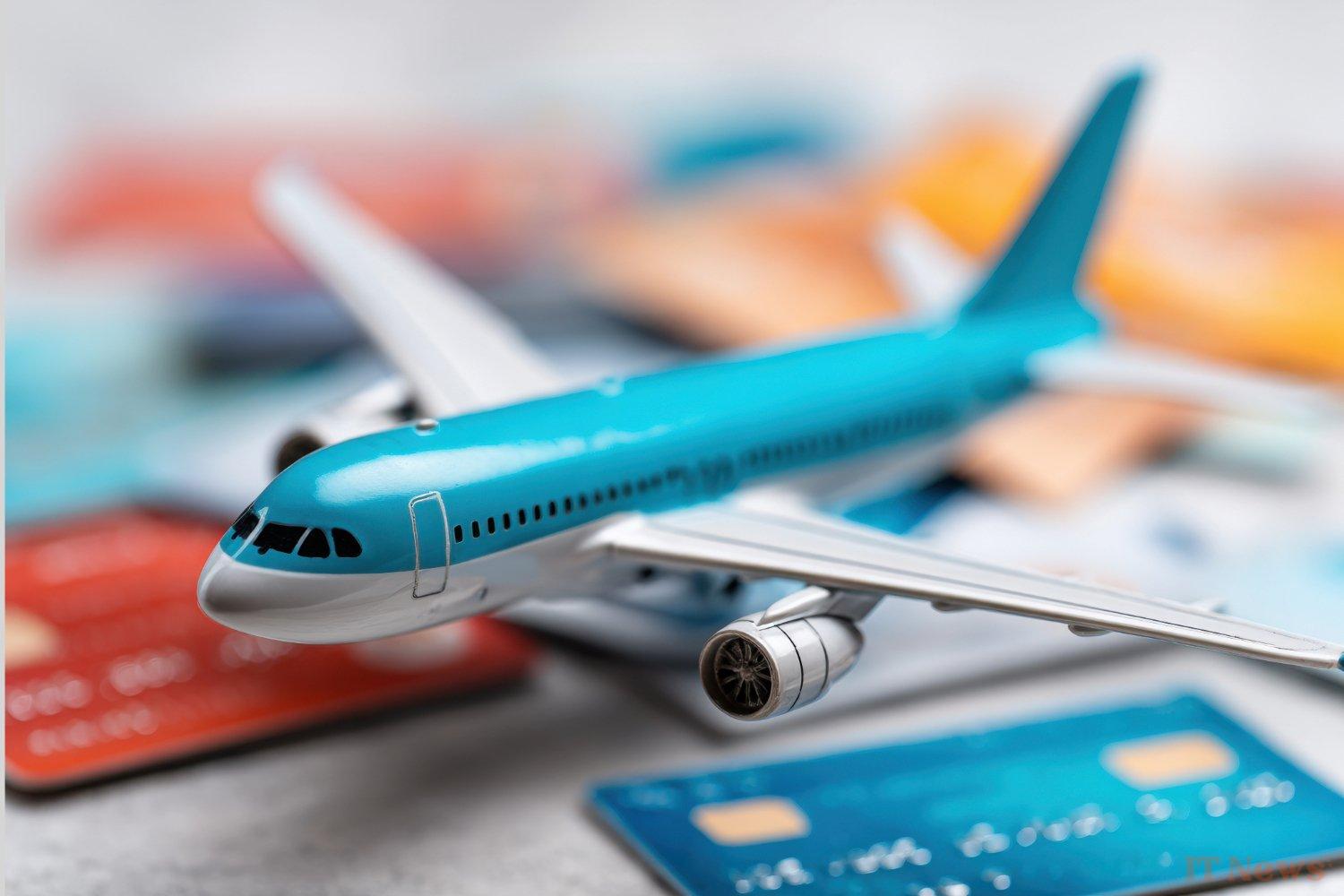Here are some interesting facts that can help you save money when planning your next trip...
Slightly lower prices
Overall, prices are slightly lower this year than in 2023, but we are still a long way from the prices charged before the coronavirus pandemic. According to the French Civil Aviation Authority (DGAC), which publishes monthly data on airline ticket prices, prices departing from mainland France fell by -2.1% in May compared to last year.
Unfortunately, this figure is a general total that takes into account both the domestic and international networks. The good news is that long-haul tickets departing from mainland France fell by 5.9%. The bad news is that prices on the intra-metropolitan network increased by 6.7%! The price of medium-haul tickets, meanwhile, remained fairly stable, with a slight decrease of 1%.
Factors driving up prices
Supply and demand are certainly the main forces driving airfare prices. It is therefore normal to expect increases during the holiday season. However, other factors are exacerbating the situation:
A lack of aircraft available to airlines
Between the rapid recovery of post-pandemic air traffic and the operational problems encountered by airlines and aircraft manufacturers, the sector is facing a delicate situation: there are not enough aircraft available and airlines must be more resourceful to carry out their operations.
The two main aircraft manufacturers are affected: Boeing is going through a turbulent period due to the problems encountered with the 737 Max and is causing delivery delays for many airlines, notably RyanAir. Airbus, for its part, will deliver fewer aircraft than expected this year due to disruptions in its supply chain.
As a result, carriers are expected to receive 19% fewer aircraft this year, and are forced to perform costly maintenance on older, more fuel-hungry planes.
Aircraft Leasing: A Costly Solution
Faced with this aircraft shortage, airlines are increasingly resorting to aircraft leasing. Due to this tense situation, it has almost never been so expensive. We're talking about $400,000 per month to lease an A320-Neo or a 737 MAX. Of course, during a period of peak demand like this summer, these costs are automatically reflected in the price of tickets.
Tips for paying less
Despite these high prices, which are expected to remain in the coming months, there are some best practices that can help you save on your next flight. Here are some techniques published by the online travel agency Expedia and based on global data from the ARC (Airlines Reporting Corporation):
Book in advance
This first tip is the most obvious: according to the Expedia report, domestic flight prices increase approximately 33 days before departure. For these flights, it is recommended to book approximately 12 weeks in advance to save up to 30%. For international flights, the savings aren't as high, at around 10% when booking at least two months in advance.
Sunday is the best day of the week to buy a flight
According to the Expedia report, buying a flight on Sunday can save you around 25% on domestic flights compared to a Saturday purchase. For international flights, the difference can be as high as 10% compared to Friday purchases. As for flight departure times, those departing on Fridays are generally cheaper than those departing on Sundays.
Depart before 3 p.m. to avoid cancellations
Also according to the report, travelers may have a better chance of avoiding cancellations by booking a flight that departs before 3 p.m. In fact, flights departing before this time experience 60% fewer cancellations than later flights.
Travel during off-peak periods
If you have the choice, traveling during off-peak periods offers many advantages: more affordable tickets, fewer lines at the airport, and fewer flight cancellations. Among the best months to travel, May offers flights with the fewest delays.
Travel light
Since the end of the coronavirus crisis, many airlines have increased the price of checked baggage. Low-cost airlines have even started charging for cabin baggage and reducing the size allowed for free baggage. For these companies, baggage billing represents a considerable portion of their revenue and contributes to operational productivity: less baggage means less time wasted boarding and disembarking. Moreover, less baggage means less fuel consumption for the plane. One more reason to travel light: if you can, only take what you need. This will save you time at the airport and make your travels easier.



0 Comments